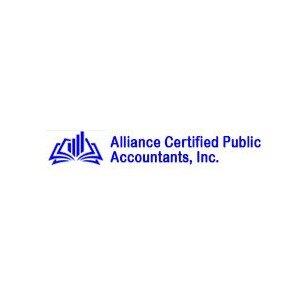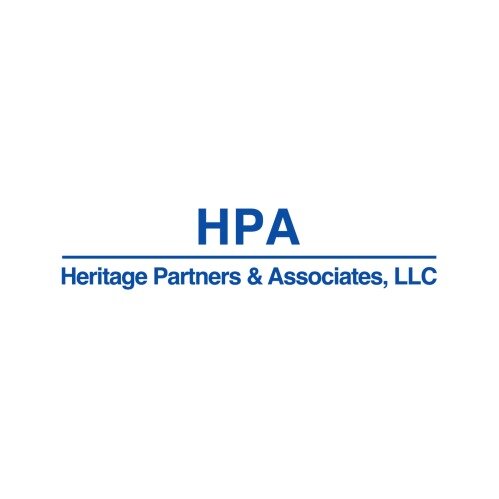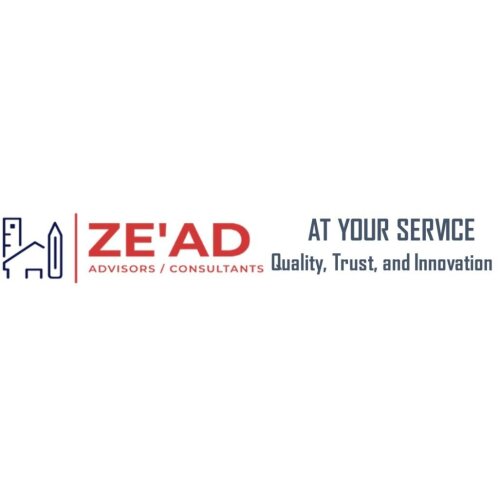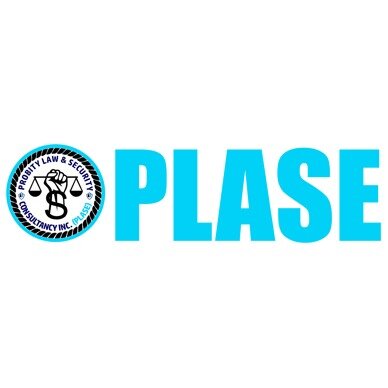Best Nonprofit & Charitable Organizations Lawyers in Liberia
Share your needs with us, get contacted by law firms.
Free. Takes 2 min.
Or refine your search by selecting a city:
List of the best lawyers in Liberia

Alliance Certified Public Accountants, Inc. (Alliance CPAs, Inc.)
15 minutes Free ConsultationAbout Nonprofit & Charitable Organizations Law in Liberia
Nonprofit and charitable organizations in Liberia play a vital role in addressing various social, economic, and environmental challenges within the country. These organizations are typically driven by goals other than profit, focusing on public benefits such as healthcare, education, and community development. The legal framework governing these entities involves specific registration procedures, compliance with financial regulations, and adherence to governance standards. Understanding the laws and how they apply is crucial to ensure these organizations operate effectively and ethically within their mandates.
Why You May Need a Lawyer
Engaging a lawyer in the field of nonprofit and charitable organizations can be vital for several reasons. Founders may need legal assistance in navigating the process of establishing a nonprofit, ensuring compliance with regulatory requirements, and securing tax-exempt status. Law professionals can also aid in drafting bylaws, handling disputes, managing contracts, and providing advice on governance issues. Additionally, as these organizations are often involved in complex fundraising and resource allocation activities, a lawyer’s expertise can assist in managing legal risks and ensuring lawful conduct.
Local Laws Overview
Liberia's legal framework for nonprofit and charitable organizations is outlined primarily in the Associations Law of Liberia. This includes the requirements for registering a nonprofit, obtaining a certificate of incorporation, and complying with ongoing reporting obligations. Key legal aspects also cover governance structures, the role of board members, financial transparency, and tax regulations unique to charitable organizations. Additionally, it is important for entities to understand the obligations concerning fundraising, foreign donations, and anti-money laundering standards.
Frequently Asked Questions
What is the process to register a nonprofit organization in Liberia?
The registration involves submitting an Articles of Incorporation to the Ministry of Foreign Affairs and obtaining a certificate of incorporation. You may also need to register with the Liberia Revenue Authority for tax purposes.
What documents are necessary for establishing a charitable organization?
Key documentation includes Articles of Incorporation, bylaws, a mission statement, and details of the founding members and board of directors.
Are there tax benefits for nonprofits in Liberia?
Yes, registered nonprofit organizations may be eligible for tax-exempt status, but they must comply with specific regulatory requirements to maintain this status.
What are the governance requirements for a nonprofit?
Nonprofits must have a governing board, and adhere to their bylaws and policies, which cover governance issues like board member duties, conflicts of interest, and financial management.
How can a nonprofit lawfully receive foreign donations?
Nonprofits must comply with the guidelines set by the Central Bank of Liberia and other regulatory bodies to legally receive and manage foreign donations.
What legal issues should be anticipated when fundraising?
Key considerations include adherence to fundraising regulations, transparency in the use of funds, and proper record-keeping to avoid fraud and mismanagement accusations.
Can a nonprofit engage in commercial activities?
Yes, but commercial activities must align with the organization’s charitable objectives and not compromise its nonprofit status.
What transparency is required in financial reporting?
Nonprofits need to maintain comprehensive financial records, regularly report to governing authorities, and ensure transparency to donors and stakeholders.
How are nonprofit disputes typically resolved?
Disputes can often be resolved through mediation or arbitration, but legal representation may be required for significant conflicts or litigation.
Do board members have any liability?
Board members could be personally liable for acts of gross negligence or breach of fiduciary duties, which underscores the importance of understanding their responsibilities.
Additional Resources
For further assistance, consider reaching out to organizations such as the Liberian Business Registry, Liberia Revenue Authority, and local legal advisory firms specializing in nonprofit management. Additionally, international NGOs operating in Liberia may offer guidance on best practices.
Next Steps
If you require legal assistance in setting up or managing a nonprofit organization, it is advisable to consult with a lawyer experienced in Liberian nonprofit law. They can provide detailed guidance tailored to your organization's specific needs, ensuring you adhere to all legal and regulatory standards. Start by compiling all relevant documentation and gaining a clear understanding of your organization’s objectives and needs, and then schedule a consultation with a legal expert to navigate the complexities of nonprofit law in Liberia.
Lawzana helps you find the best lawyers and law firms in Liberia through a curated and pre-screened list of qualified legal professionals. Our platform offers rankings and detailed profiles of attorneys and law firms, allowing you to compare based on practice areas, including Nonprofit & Charitable Organizations, experience, and client feedback.
Each profile includes a description of the firm's areas of practice, client reviews, team members and partners, year of establishment, spoken languages, office locations, contact information, social media presence, and any published articles or resources. Most firms on our platform speak English and are experienced in both local and international legal matters.
Get a quote from top-rated law firms in Liberia — quickly, securely, and without unnecessary hassle.
Disclaimer:
The information provided on this page is for general informational purposes only and does not constitute legal advice. While we strive to ensure the accuracy and relevance of the content, legal information may change over time, and interpretations of the law can vary. You should always consult with a qualified legal professional for advice specific to your situation.
We disclaim all liability for actions taken or not taken based on the content of this page. If you believe any information is incorrect or outdated, please contact us, and we will review and update it where appropriate.
Browse nonprofit & charitable organizations law firms by city in Liberia
Refine your search by selecting a city.











